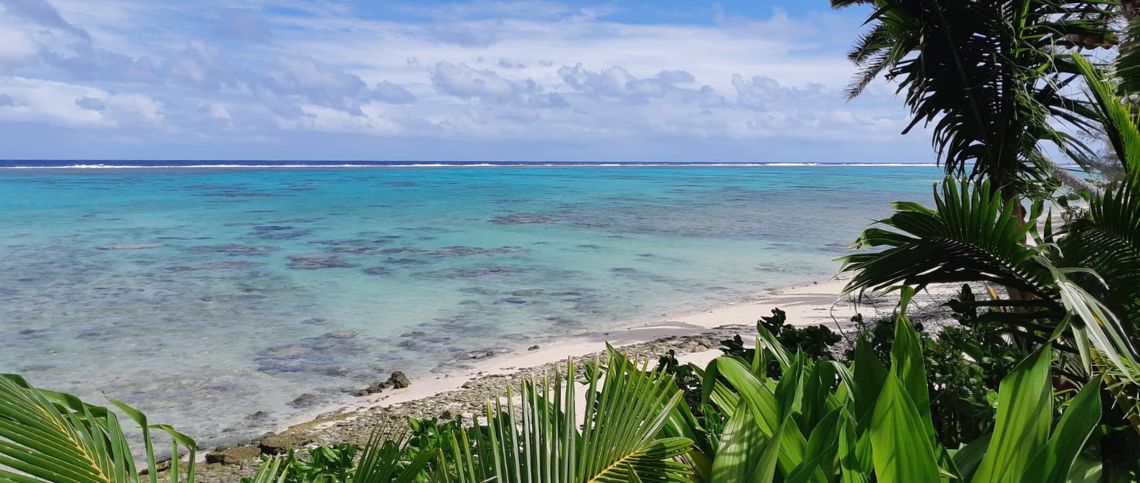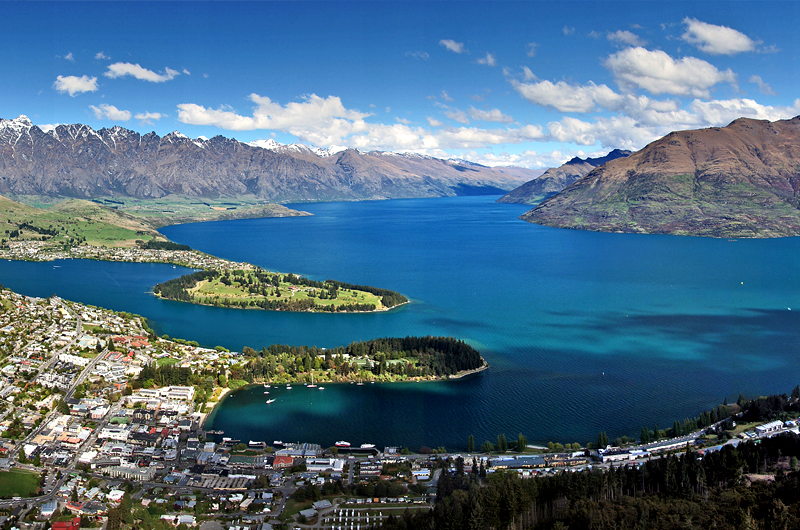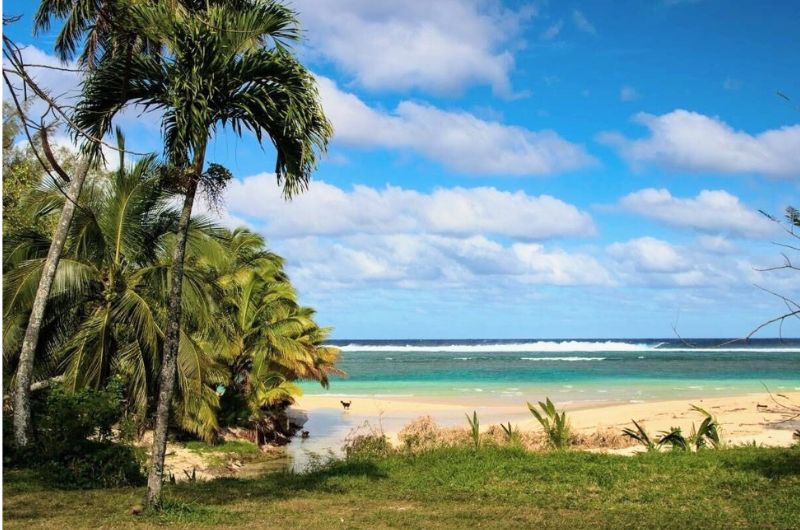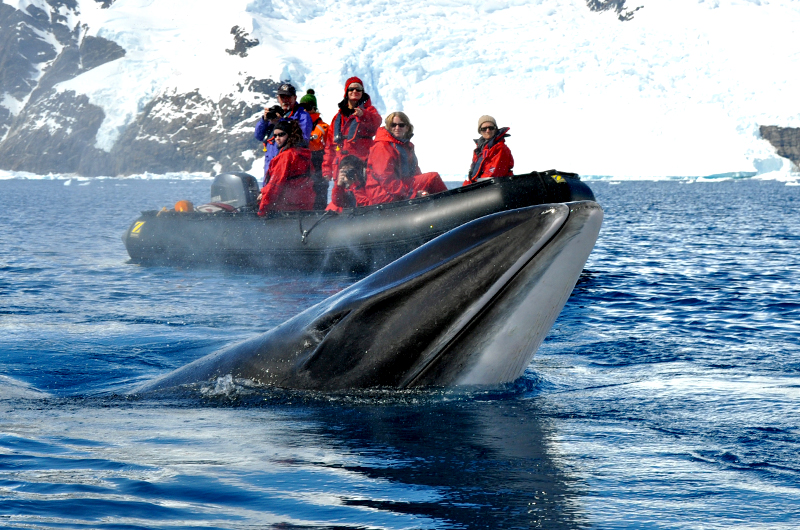
White sandy beach and coral reef, Fiji
Fiji
Fiji is an archipelago comprised of 330 islands, 110 of which are inhabited. It was originally settled by Austronesian settlers (and later by Melanesians), and was colonized by the British in 1874. Fiji is rich in mineral, fish, and forest resources, but its primary sources of income are the sugar and tourism industries. Famous for its temperate climate, white sand beaches, and tropical forests, Fiji hosts up to 750,000 visitors per year via a tourist industry that increasingly strives towards sustainable models. Now a democracy, Fiji has historically experienced contention between Fiji’s two dominant ethnic groups (native Fijians and Indo-Fijians). The cities, villages, and temples of Fiji together comprise a complex social environment in which to study the relationship between cultural practices, community, and sustainable development.
A few things students have studied here:
- Intercultural relations
- Tourism development and management
- Marine science
- Community health
- Environmental studies
- Sustainability
- Political science
- Conservation with service learning

Students participate in a homestay with locals – Viti Levu, Fiji
Faculty + Staff
Maximize learning
AUIP provides both consortium and customized programs to best meet the needs of partner universities and faculty.
AUIP DESTINATIONS:
NEW ZEALAND

An isolated island nation in its evolutionary infancy, New Zealand is the most recently inhabited country in the world
AUSTRALIA

Australia is one of the most diverse countries on Earth, both in terms of its landscapes and its multicultural population



